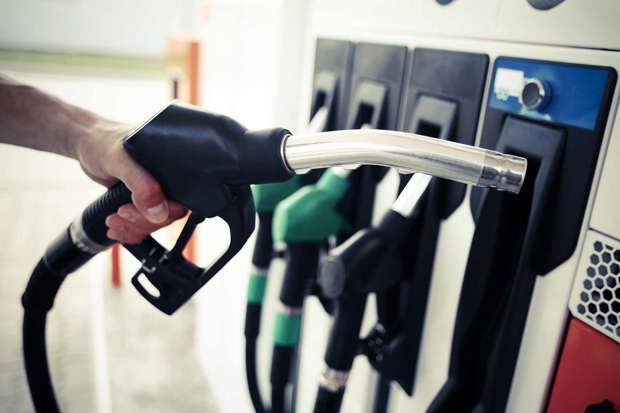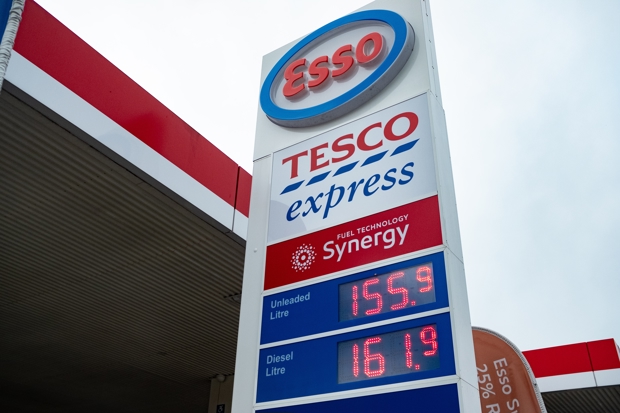Filling stations ‘refuse’ to pass on 5p a litre fuel price cut

Motorists are being overcharged by almost £185 million a month in fuel costs because filling stations are not passing on the Government’s 5p a litre fuel duty cut.
RAC Fuel Watch data has found that while the average price of petrol fell 7.5p a litre in November, to 146.9p, it’s still 10p a litre more expensive than it ought to be.
Diesel prices fell 7p a litre, but remain 5p a litre too expensive.
The news comes as motorists are supposed to be benefitting from March 2022’s 5p a litre fuel duty cut – but the RAC says it is fuel retailers who are benefitting instead.
The average retailer margin is now 17p a litre for unleaded, and 13p a litre for diesel. This is far higher than the long-term average of 7p a litre for petrol, and 8p a litre for diesel.
As a result, it is calculated that drivers are missing out on savings of £184 million each month.

"While the price of fuel fell in November, the truth is there is no reason whatsoever for drivers to be jubilant as the data clearly shows they are continuing to get a rough deal at the pumps," says RAC fuel spokesman Simon Williams.
Wholesale costs have been falling for months, he said – meaning unleaded should be around 137p a litre, and diesel should be under 150p.
"This is extremely worrying as the biggest retailers don’t seem to have heeded the warnings levelled at them by energy secretary Claire Coutinho, saying she wouldn’t hesitate to call out those that rip off the public."
As RAC data shows the savings aren’t getting through to motorists. It says it has contacted Coutinho's department to explain what’s really going on, with a view to promoting greater and more effective intervention.
Williams added that if a monitoring body had already been set up – as recommended by the Competition and Markets Authority – today’s high fuel prices might have been prevented and people might finally be getting a fairer deal at the pumps.
"We reiterate our call to the biggest retailers to significantly cut their prices to mirror what’s happening with greatly reduced wholesale costs," adds Williams.
What are the advantages of hybrids compared to petrols and EVs?


